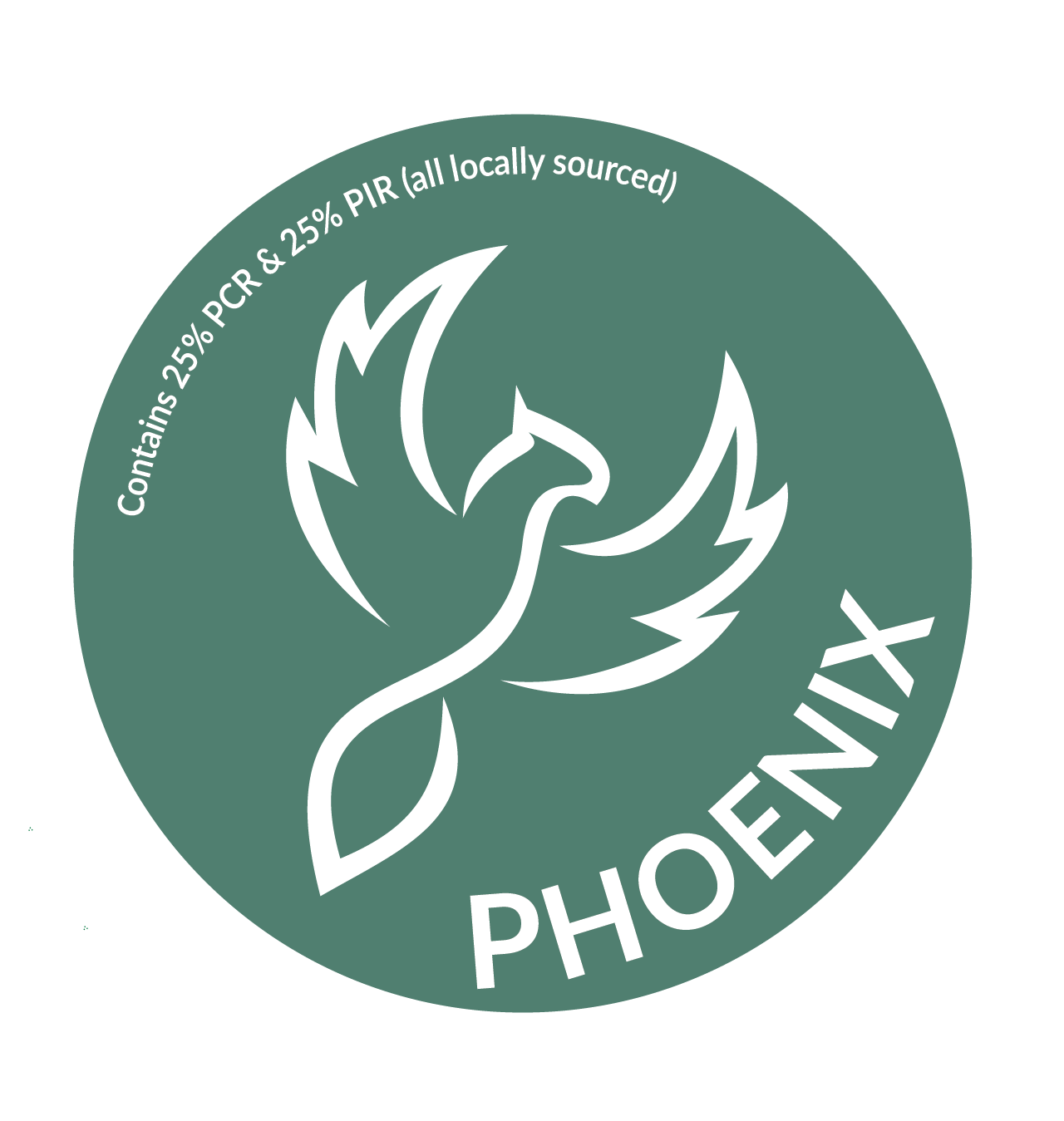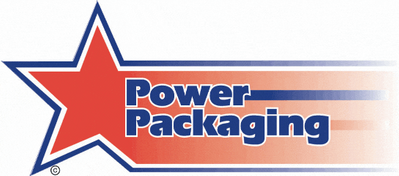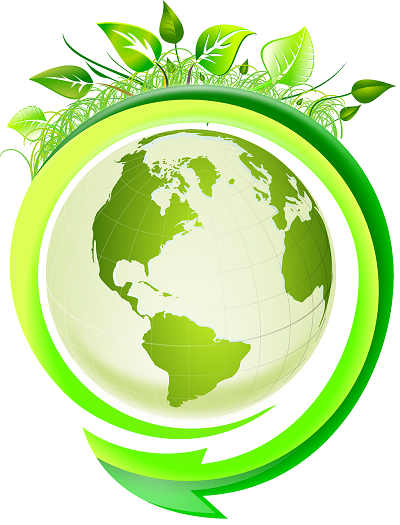What is PCR plastic?
PCR plastic is made from items people have already used—collected, cleaned and re-processed into new resin. Rather than relying entirely on virgin feedstock, you’re keeping material in circulation. In day-to-day terms, that means fewer new resources, material energy savings in manufacture, and a smaller footprint for the same job.
Why customers choose a 50% PCR blend
- Less virgin resin: You lower demand for new plastic without changing how packs are handled.
- Material efficiency: Re-processing reclaimed resin typically uses less energy than producing virgin resin at the same volume.
- Waste reduction: Keeping usable plastic in circulation helps divert material from landfill.
- Comparable performance: Well-specified PCR blends can match the stretch, puncture resistance and holding force needed for transport.

Courier Mailers (50% PCR)
Our recycled-resin mailers are used by fashion and parts senders who print on demand. The film is slightly firmer than a pure-virgin blend, which helps with automated labelers and scuff resistance in transit.
- Tough in transit: Resists corner rub and handling marks.
- Weather-friendly: Keeps parcels dry on damp docks.
- On-brand: Matte or semi-gloss finishes; custom print available.

Hand & Machine Stretch Wrap (50% PCR)
We tested 50% PCR hand wrap on irregular pallets (boxes + drums). Using a standard three-pass pattern, loads arrived intact with no edge tears when pre-stretch settings were correctly dialled in.
- Load retention: Reliable holding force under routine warehouse handling.
- Tear resistance: Handles sharp edges with the right pre-stretch.
- Versatile: Works on hand and most machine wrappers; check your pre-stretch ratio.

Bubble Wrap with Recycled Content
Selected bubble lines include recycled content while keeping the cushioning expected for delicate items.
- Everyday protection: Consistent cell size and cushioning for fragile goods.
- Right-sized rolls: Options for benches, packing stations and fulfilment lines.
FAQs
Is PCR plastic recyclable again?
Yes—subject to local facilities and stream requirements. Availability varies by council and film type. Check your local guidelines for soft-plastics collection.
Will 50% PCR change how my pallets travel?
For everyday warehouse loads, customers report no change when pre-stretch and wrap pattern are set correctly. We recommend a small trial on your typical loads.
Do PCR mailers print well?
Yes. We offer matte and semi-gloss finishes and custom branding. If you use automated labelers, the slightly firmer film can be an advantage.
Which products at Power Packaging use recycled content?
Courier mailers, hand and machine wrap, and selected bubble wrap lines. See links above for current options.

